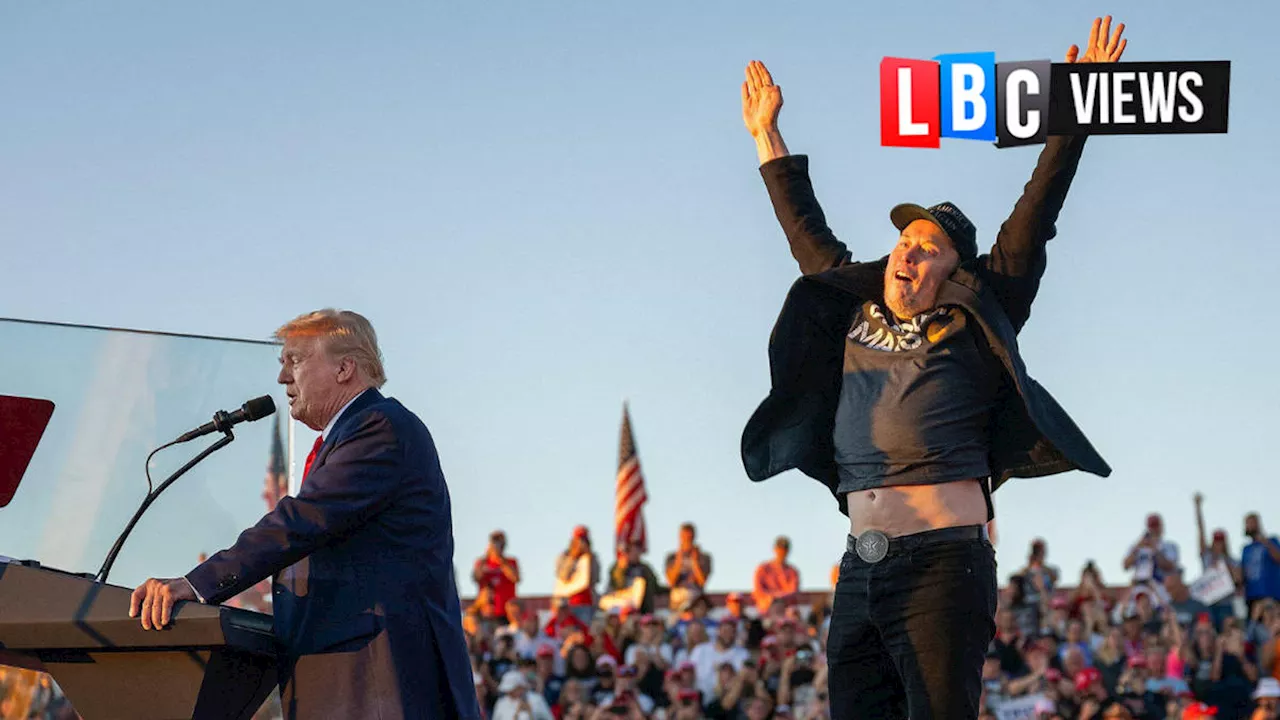John O'Connell, Chief Executive of the Taxpayers' Alliance, argues against the recent 2.8% pay rise for MPs in Britain, highlighting the record-high tax burden, soaring national debt, and public discontent. He contends that MPs should be held accountable for their performance and that their pay should reflect the economic well-being of the nation.
Britain is grappling with a record-high tax burden , a national debt exceeding 100% of GDP, and a pervasive sense of national malaise. Politicians readily attribute these woes to external factors like the pandemic and the war in Ukraine, conveniently deflecting responsibility. However, the crux of the issue lies within Westminster itself: the British Members of Parliament (MPs).
In the private sector, individuals who consistently miss deadlines, fail to deliver on projects, or squander time on unproductive endeavors face termination. In Westminster, however, the consequence of such shortcomings is a pay rise. The Independent Parliamentary Standards Authority (IPSA) recently announced a 2.8% salary increase for MPs. While IPSA technically operates independently and MPs cannot directly grant themselves raises, it's highly improbable that any MP will actively oppose this increment.For years, such news elicited a weary resignation from the public. However, the landscape has shifted. Following President Trump's re-election and his appointment of Elon Musk to head a newly established Department of Government Efficiency in the United States, which exposed the rampant inefficiencies plaguing the American state, calls for a similar department in the UK have intensified. Public sentiment has soured against a bloated, unaccountable government apparatus that enriches politicians and empowers bureaucratic backroom deals while the nation struggles. Voters expect their elected representatives to lead, make decisions, and advance the national interest. Instead, they are met with MPs paralyzed by indecision, deferring action to endless consultations and delegating responsibility to an ever-expanding network of quangos. Who truly governs Britain? Certainly not its elected officials. Why, then, is there a pay rise? The TaxPayers' Alliance, a longstanding advocate for taxpayers' rights, understands precisely where the fat needs to be trimmed: unproductive civil servants, wasteful government departments, and ineffective MPs. It is these individuals who should tighten their belts, not the hardworking taxpayers who bear the financial burden. An MP pay rise is not merely expensive; it is fundamentally unjustified. Why should those who consistently deliver failure after failure receive even more taxpayer funds while making life more difficult for the same people who pay their salaries? An MP's pay should not only be frozen but should be directly tied to Britain's economic performance, particularly the crucial metric of GDP per capita, which accurately reflects living standards. If the nation and its citizens face economic decline, their pay should also be reduced. Perhaps then, our politicians will prioritize policies that foster economic growth over frivolous pursuits like organizing FIFA matches or demanding more female footballers on birthday cards. John O'Connell, Chief Executive of the Taxpayers' Alliance. LBC Views provides a platform for diverse opinions on current affairs and matters of public interest. The views expressed are those of the authors and do not necessarily reflect the official LBC position. To contact us email [email protected]
MP Pay Rise Tax Burden National Debt Economic Crisis Accountability Government Efficiency Taxpayers' Alliance John O'connell
United Kingdom Latest News, United Kingdom Headlines
Similar News:You can also read news stories similar to this one that we have collected from other news sources.
 The Rise of Multi-Party Politics in Britain: A Challenge for Pollsters and MPsThe traditional two-party system in Britain is facing a significant challenge from the rise of multi-party politics. This shift is creating a more unpredictable and volatile political landscape, posing significant challenges for both pollsters and MPs.
The Rise of Multi-Party Politics in Britain: A Challenge for Pollsters and MPsThe traditional two-party system in Britain is facing a significant challenge from the rise of multi-party politics. This shift is creating a more unpredictable and volatile political landscape, posing significant challenges for both pollsters and MPs.
Read more »
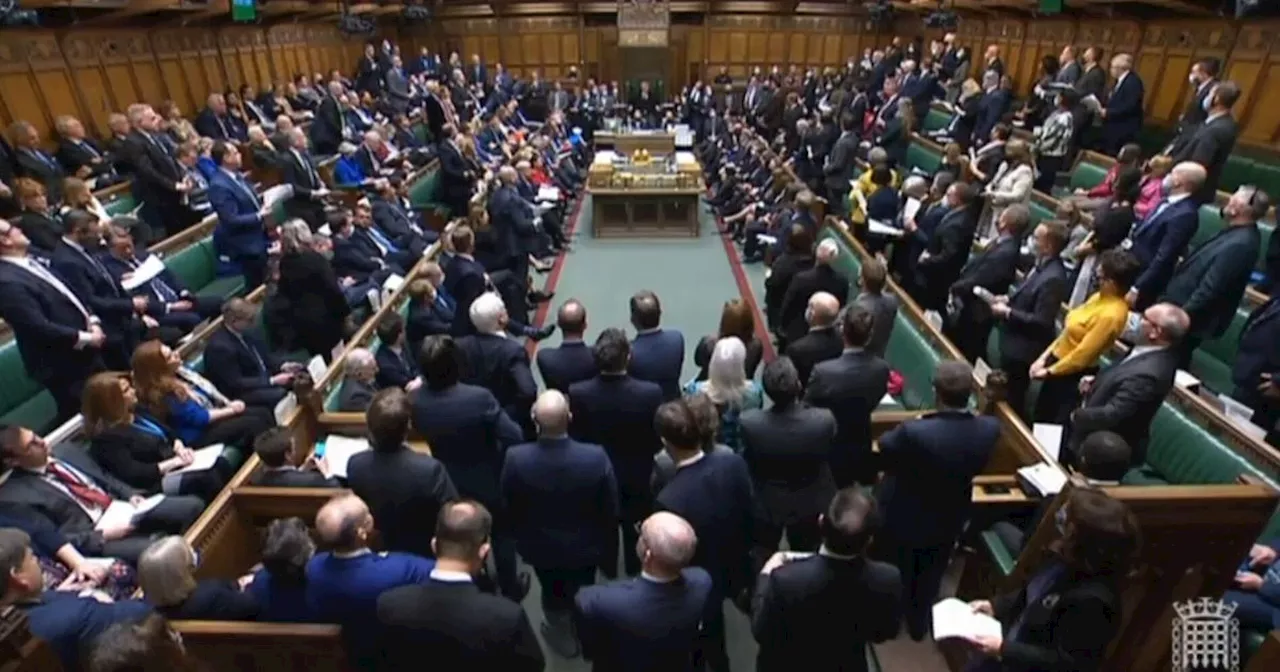 MPs Are Set To Receive An Above-Inflation Pay Rise To Nearly £94kKevin Schofield is HuffPost UK's political editor and is based at Westminster. He has been a political journalist for more than 20 years, and in that time has worked for the Press Association, The Scotsman, The Herald, Daily Record, The Sun and PoliticsHome.
MPs Are Set To Receive An Above-Inflation Pay Rise To Nearly £94kKevin Schofield is HuffPost UK's political editor and is based at Westminster. He has been a political journalist for more than 20 years, and in that time has worked for the Press Association, The Scotsman, The Herald, Daily Record, The Sun and PoliticsHome.
Read more »
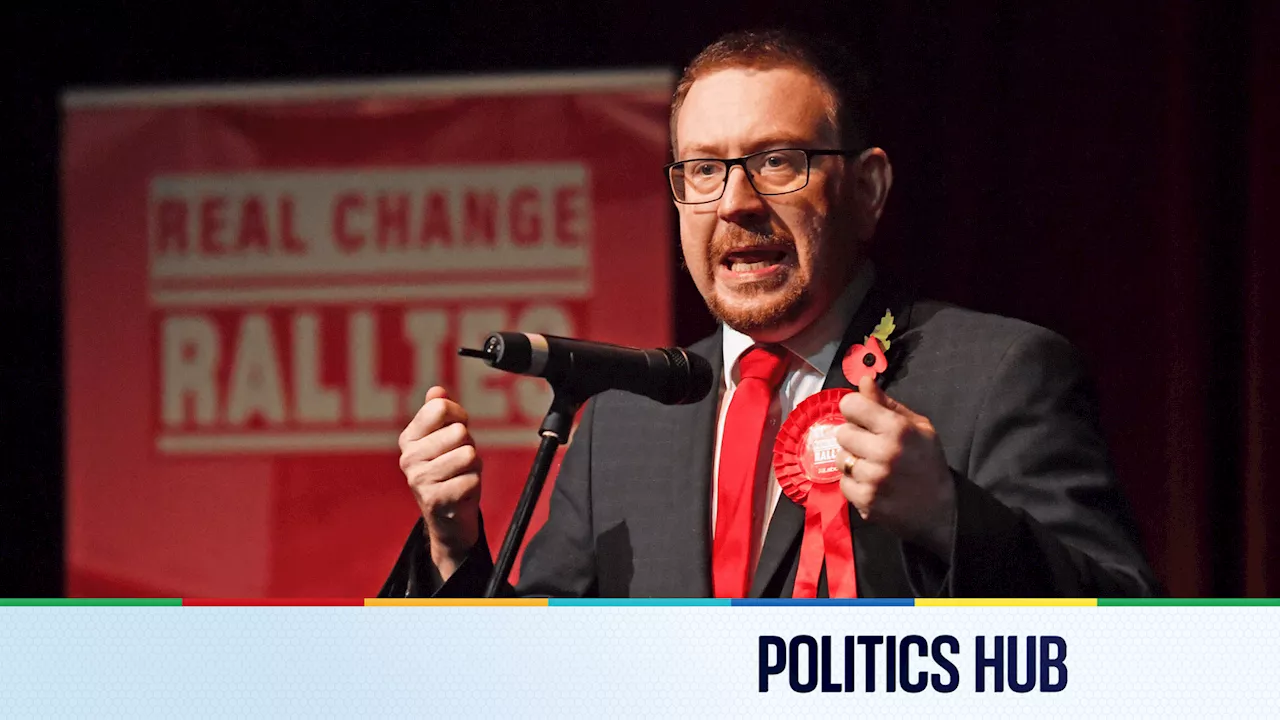 MPs Recommended Pay Rise to £93,904The Independent Parliamentary Standards Authority (IPSA) has proposed a 2.8% pay increase for MPs, bringing their annual salary up to £93,904. The decision comes after careful consideration of national public sector pay data and the wider economic context. MPs' salaries have been steadily increasing over the past decade, driven by both economic factors and the growing responsibilities of the role.
MPs Recommended Pay Rise to £93,904The Independent Parliamentary Standards Authority (IPSA) has proposed a 2.8% pay increase for MPs, bringing their annual salary up to £93,904. The decision comes after careful consideration of national public sector pay data and the wider economic context. MPs' salaries have been steadily increasing over the past decade, driven by both economic factors and the growing responsibilities of the role.
Read more »
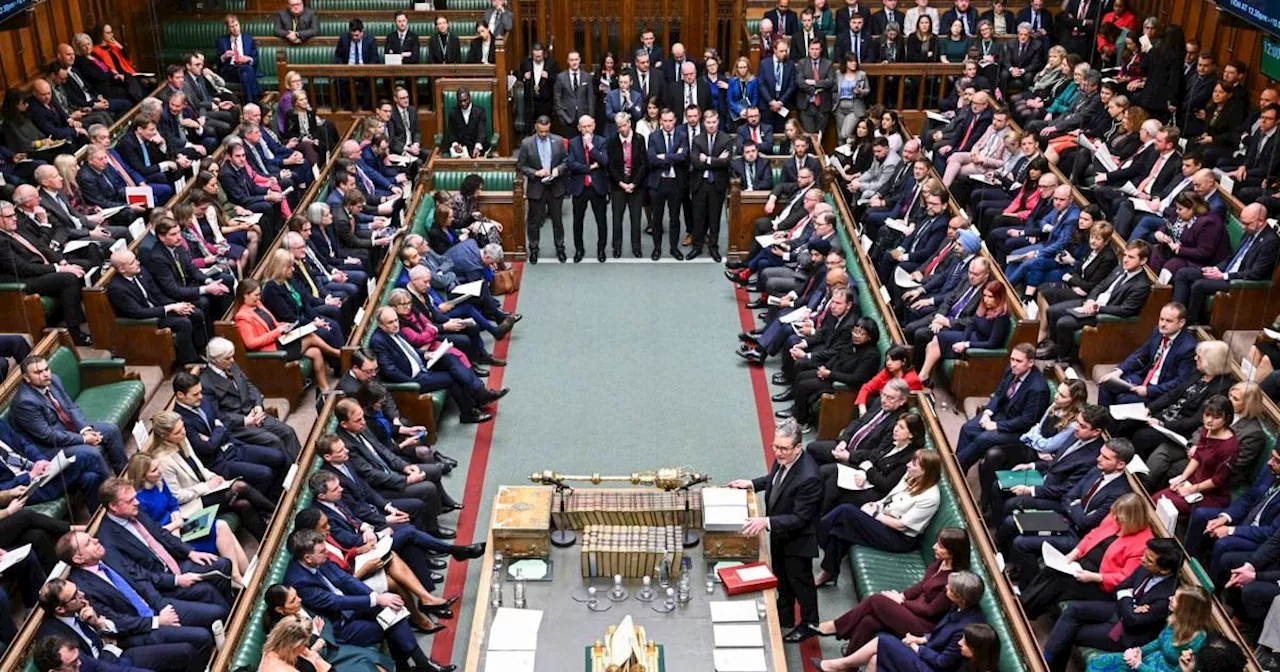 MPs Face Potential 2.8% Pay RiseAn independent panel recommends a salary increase for UK MPs, sparking debate about public perception of politicians' earnings.
MPs Face Potential 2.8% Pay RiseAn independent panel recommends a salary increase for UK MPs, sparking debate about public perception of politicians' earnings.
Read more »
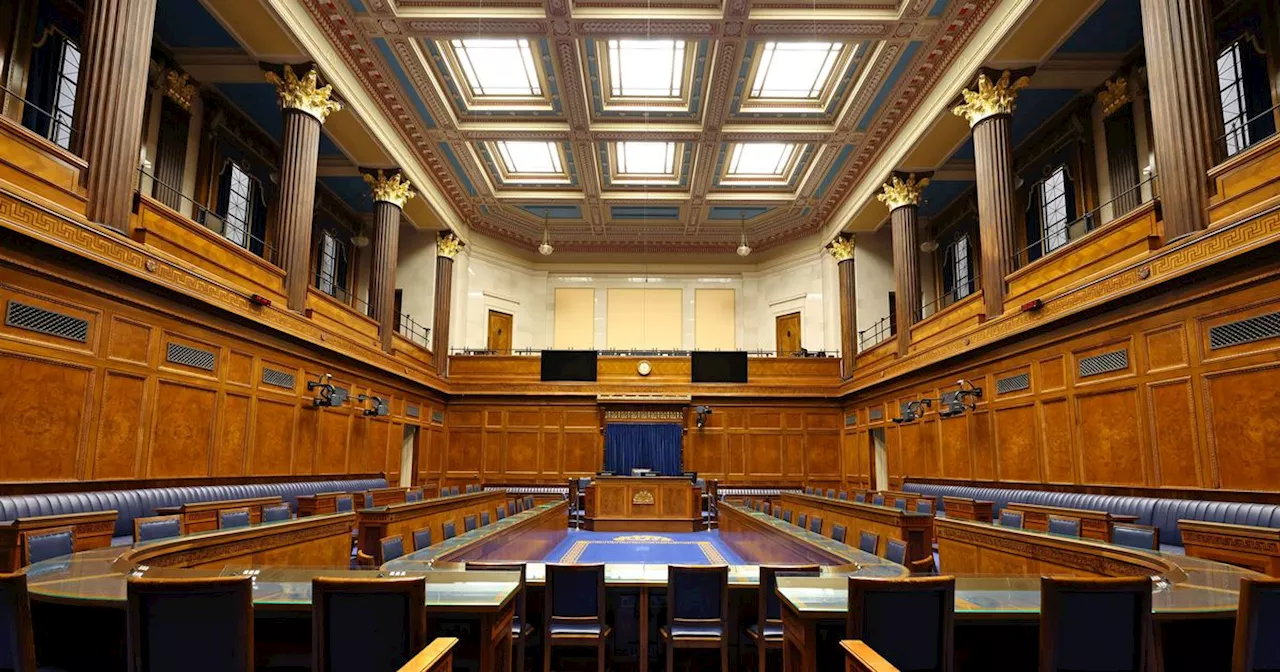 Stormont MLAs Face Potential 37.5% Pay Rise Amid Public Sector Pay DisputesA new Bill proposed by the Assembly Commission could lead to a significant salary increase for MLAs, raising concerns about fairness and public perception, especially in light of ongoing public sector pay disputes.
Stormont MLAs Face Potential 37.5% Pay Rise Amid Public Sector Pay DisputesA new Bill proposed by the Assembly Commission could lead to a significant salary increase for MLAs, raising concerns about fairness and public perception, especially in light of ongoing public sector pay disputes.
Read more »
 The Rise of Young-Onset Dementia in BritainThis news article discusses the alarming increase in young-onset dementia cases in Britain, highlighting the experiences of notable figures like Pauline Quirke and Fiona Phillips. It explores possible contributing factors and the impact of this condition on individuals and families.
The Rise of Young-Onset Dementia in BritainThis news article discusses the alarming increase in young-onset dementia cases in Britain, highlighting the experiences of notable figures like Pauline Quirke and Fiona Phillips. It explores possible contributing factors and the impact of this condition on individuals and families.
Read more »
